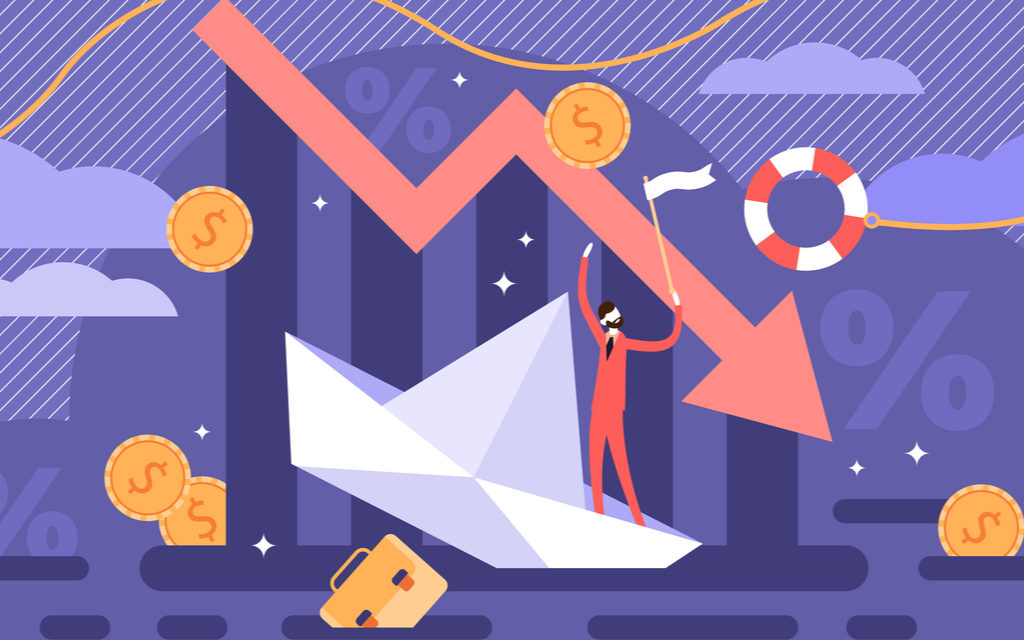Article by Nicole Perrin
Source: www.emarketer.com, April 2020
The last US recession—which lasted from December 2007 to June 2009—resulted in two straight years of US ad spending declines. As the coronavirus spreads worldwide more than a decade later, the US faces what looks like another economic downturn.
The biggest difference is that digital advertising is no longer a minor portion of total media ad spending. It is no longer playing serious catch-up in ad spending vs. time spent, and it now represents a substantial chunk of budgets.
Some other notable differences are:
- The Great Recession had been somewhat expected for several months. Many economic analysts have also predicted a recession recently, but not caused by a pandemic that has masses of Americans staying home (and potentially losing wages) for weeks or months at a time. It’s safe to say that people didn’t see this particular shock coming and weren’t prepared in terms of, for example, just-in-time supply chains.
- Current events come with significant changes in consumer media usage habits. More people are spending more time at home; what will they be doing there? Will they watch linear TV (with traditional TV ads), ad-supported over-the-top (OTT) video, or Netflix (with no ads)? Will they watch esports content while professional sports leagues are out of commission? Will they spend time on Twitter keeping up with news? (Will advertisers continue to avoid spending money on news content related to the pandemic? This is going to be a major area of consumer attention going forward.)
- Companies (mostly) no longer commit digital ad budgets in advance. We believed in 2008 that this would cushion the effects of the downturn on the ad industry. That is no longer likely to be the case for digital. Significant parts of digital ad budgets are now essentially liquid (and advertisers often choose to spend on platforms where this is the case for that reason). If an economic downturn significantly lowers customer lifetime value calculations for performance advertisers, for example, they may decrease bids immediately and pull budgets.
What happens after seems likely to depend on when “after” is. We hesitate to speculate about demand that is lost vs. pent up, for example, without having a better idea of how long the time period is (both indoors and with depressed income).

